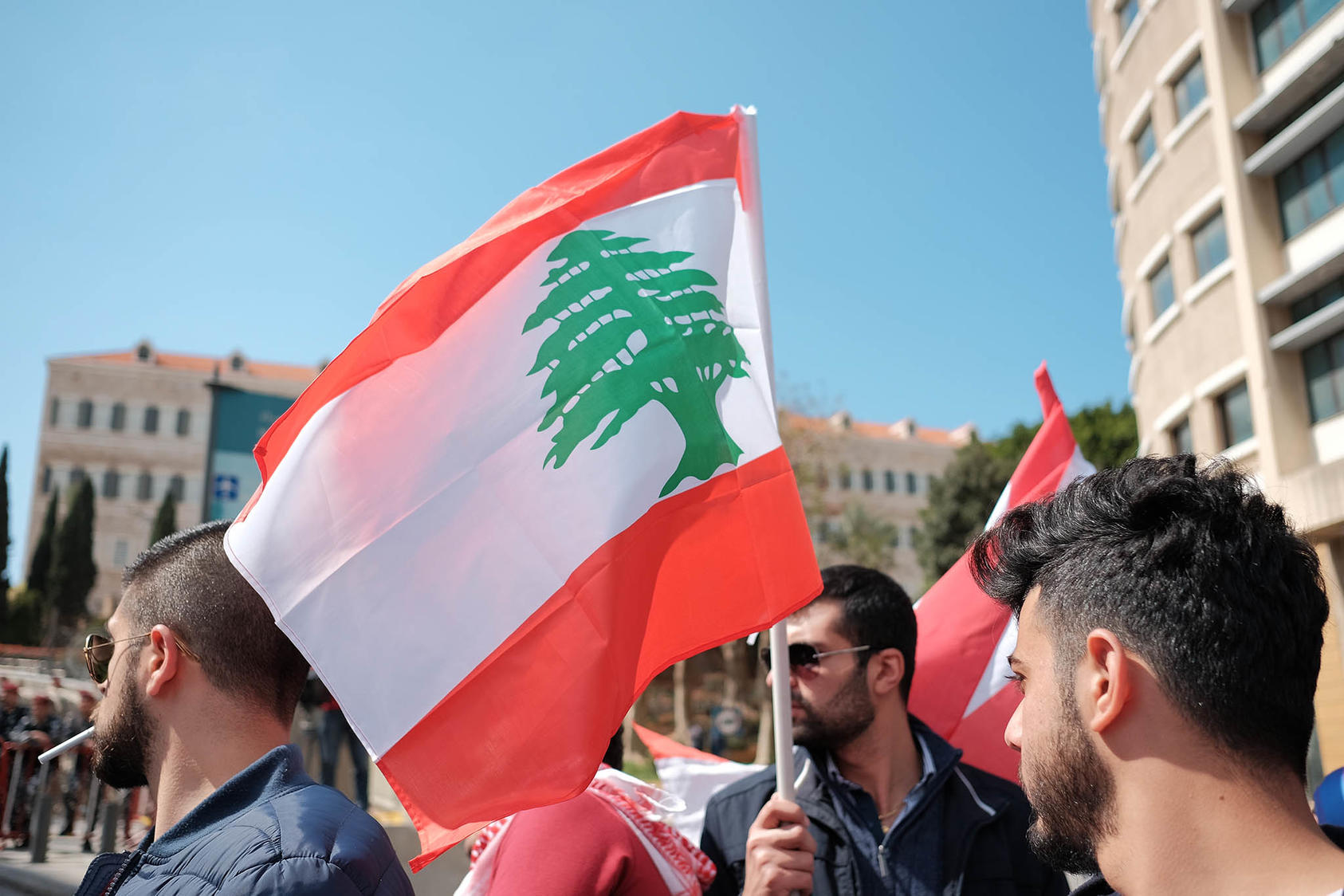On May 6, Lebanon held parliamentary polls—its first in nine years—under a new electoral law. I served as an international observer with the National Democratic Institute’s (NDI) mission. It was a unique opportunity to witness firsthand Lebanon’s complex political system. Deployed to Zahle, a multi-confessional district in eastern Lebanon, I gained a deeper appreciation of the election’s enormous challenges and limited bright spots.

The parliamentary vote came at a time of enormous flux and tension, both regionally and inside Lebanon. In the region, the Syrian conflict, now in it’s eighth year, has entered its most dangerous phase. Rising tensions between Israel and Iran have led to escalating hostilities inside Syria that could spiral out of control and engulf Lebanon. Meanwhile, Lebanon’s domestic challenges include hosting more than one million Syrian refugees, a flagging economy, and widespread corruption.
Lebanese Citizens Remain Skeptical
The election—the first to occur in nearly a decade—was governed by a new electoral law, which retains key aspects of Lebanon’s complex confessional system, but also introduces important changes. Two key reforms stand out: proportional representation and a pre-printed ballot. In theory, proportional representation facilitates the election of independent candidates, while the pre-printed ballot inhibits vote buying by making it more difficult to track how people vote.
The reality was far different. Indeed, many Lebanese remained skeptical that the election would usher in significant change. Their skepticism was well-founded as unofficial results indicate that independents and women made only small, albeit notable gains.
More telling was the conduct on Election Day. Importantly, our NDI team found that voting was “generally calm” and that despite reported inconsistencies, “none of the shortcomings would appear to have had a significant effect on the outcome of the election.”
At the same time, Election Day atmospherics depicted a mixed picture. Despite the first time use of pre-printed ballots, voters appeared relatively comfortable with the new ballots. In the polling station where I observed ballot counting, relatively few ballots were annulled due to voter error.
Yet, the overbearing role of candidate agents at nearly every polling station I observed served as a powerful reminder of the patronage networks animating Lebanon’s election. Voting often had a transactional quality to it—an act defined more by an expectation of patronage in exchange for a vote rather than an expression of democratic will. While I did not witness directly any instance of vote buying, I did hear numerous allegations of the practice.
The aggressive role played by candidate agents suggests that clientelism is alive and well in Lebanon. Time and again, I would walk into polls dominated by these representatives—rarely fewer than a dozen per station. Wearing party swag from head to toe (literally), these agents would avidly track each person entering the station to vote, loudly confirming voter names and registration numbers on their lists.
While it would be difficult to ascertain how people voted, citizens may well have found it intimidating—or reassuring depending on the perspective—to be tracked so openly. In some instances, I observed voters greeting or waving to a particular party agent upon exiting the booth—likely an indicator that they had voted for that specific candidate with the expectation of the reward to follow.
This practice seems to prey particularly on the most vulnerable in society. For example, at a Sunni polling station for women I observed in Saadnayel, a particularly aggressive party agent collecting identity cards of elderly women, ensuring they were on the lists, and assigning a runner to accompany them into the booth to ensure they voted for their candidate. At one point, a polling official noted to one of these runners, “It seems you have at least five or six mothers!”
Hopeful Signs for Future Elections
Despite these issues, there were notable bright spots. In particular, the Lebanese security forces behaved with great professionalism in nearly all the areas I observed. They did not enter polling stations unless asked by polling officials and helped set an atmosphere of overall calm. When violence did break out in Zahle, they managed to successfully contain the outbreak of clashes without resorting to excessive force.
On the day before the election, a meeting I had with a candidate running as an independent captured both the challenges and the hope for future elections in Lebanon. This candidate hailed from Faour an impoverished Sunni tribal area in the Zahle district. Unlike other areas in the district, Faour was notable for its profound lack of basic services.
Sitting in a makeshift tented meeting space, the candidate and his constituents spoke passionately about their forgotten hamlet, noting that in the lead up to every election politicians make promises, but deliver nothing. This time was different, the villagers said proudly, because their candidate was one of their own, someone from their tribe who would truly represent them.
In the end, their candidate was unsuccessful, but their aspirations for a representative who understood their issues and would fight to address these challenges sets a standard for what future Lebanese elections should achieve. If candidate agents could apply the same skill and fervor to addressing their district’s longstanding ills rather than perpetuating a clientelist system, Lebanese elections might turn from being an exercise in patronage toward an effort at developing responsive and accountable governance.



